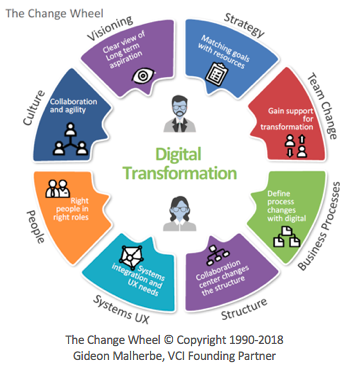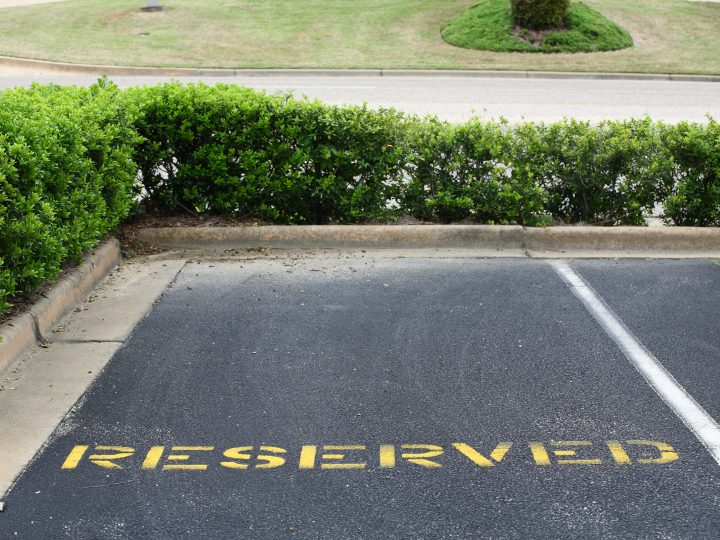By Gideon Malherbe, Founder, Chief Strategist
The extraction industry is known for its volatility and extreme business cycles, including over-and under-investing. This, of course, is the result of various factors such as commodity prices, global economic conditions, and supply and demand dynamics.
Because of these cycles, management is so easily caught with strategies that are mis-timed. They are either too slow to respond or they jump the gun ahead of the curve. For example, during the Chinese-inspired super cycle, companies rushed to expand production capacity, only to face a surplus that led to overcapacity and financial strain.
Management often responds with projects to improve their market forecasting and use more advanced data analytics and AI to predict cyclical patterns accurately, only to find that their responses to these forecasts creates even greater volatility. Add to this the rapid-fire surprise macro events that further upset prevailing forecasts. How you balance these counter-intuitive shifts must be central to your strategic planning design. These days, you cannot do proper strategic planning without analyzing the shifting geopolitical landscape.
Elements of the conundrum
The industry is heavily influenced by geopolitical factors shaping supply chains, trade relationships, and resource access. For example, the Ukrainian war is changing political dynamics leading to shifts in alliances and trade policies, impacting the flow of resources across borders. We come from a belief that increased transparency and collaboration among nations fosters a more stable geopolitical landscape, but it is no match for political actors’ maneuvers. Protectionist measures result in trade barriers, resource nationalism, and restricted access to key markets, which continue to be a serious strategic risk and are often underestimated.
The pressures of a net zero carbon future further distort supply-side forecasts: The push for achieving net zero emissions poses challenges for the resource extraction and energy industry. We find that the demand for electric vehicles requires a shift towards battery minerals, such as lithium and cobalt, which leads to absolute supply constraints further compounded by potential global trade fracturing.
Operationally, technotopian believers say that rapid innovation and investment in sustainable technologies will enable the industry to successfully transition to a low-carbon future, meeting the growing demand for renewable energy and additional environmentally friendly products. Technosceptics forecast that a lower adoption of clean technologies and limited availability of sustainable resources will inevitably hinder the industry’s ability to meet the net zero targets, leading to frustratingly complex regulatory pressures, reputational risks, and a potential decline in market share.
We are also experiencing significant production and logistics transformations with the advent of automation, robotics, artificial intelligence, and digital technologies. These advancements offer opportunities to improve operational efficiency, flexibility, reduce costs, and enhance safety. However, they also present challenges related to workforce displacement, skill gaps, and the need for significant investment in technology infrastructure.
How, then, do we reconcile that deploying autonomous mining vehicles reduces the need for manual labor and requires retraining and upskilling of workers? Two opposing strategies:
- A successful integration of automation and digital technologies leading to increased productivity, reduced environmental impact, and new job opportunities in technology-related roles;
- Staying employment-centric and thereby widening inequality and job displacement, leading to social unrest and the need for comprehensive workforce transition programs all contributing to an unsustainable cost position.
Social equity also remains a strategic challenge, especially with traditional owners: The industry often operates in regions with indigenous communities and traditional landowners. Ensuring equitable participation, respect for indigenous rights, and benefit sharing are crucial performance criteria. Disputes over land rights and environmental impacts so often lead to conflicts and delays in project development. How do we reconcile the conundrum of supporting more substantial recognition and empowerment of indigenous communities to result in meaningful partnerships, shared benefits, and sustainable development in resource-rich areas, only to realize that the “ask” systemically expands with each goalpost reached? Then, what strategy will relieve the persistent inequalities and lack of engagement with traditional owners exacerbating negative relationships?
These are just some of the conundrums playing out year after year.
Scenarios are a set of solutions
By having management collaborate on the development of a series of scenarios, the macro trend lines that so easily redirect strategy are instead levers used to define multiple futures. Instead of betting on one future, management can devise strategies that are robust and “in the money,” regardless of single-line predictions.
People usually overestimate the change that will occur in the next two years
and underestimate the change that will occur in the next ten.
~ Bill Gates
Trends on their own cannot predict the future. Instead, future-focused leaders use them to reflect on the tension between long-term and short-term goals and develop scenarios to reduce uncertainty. By developing scenarios that highlight changes that shape the landscape, management can make informed decisions and capitalize on new opportunities in the years ahead.
Doing annual strategic planning off-site can be hard. We know this first-hand from 30 years of experience.
Consider using our experience to mobilize consent amongst your management team to design and execute robust scenarios and strategies. You can leverage our deep knowledge of executive decision-making and scenarios to facilitate your next strategy workshop.
Reach out below and let us facilitate your next strategy session for a pragmatic and workable plan.






